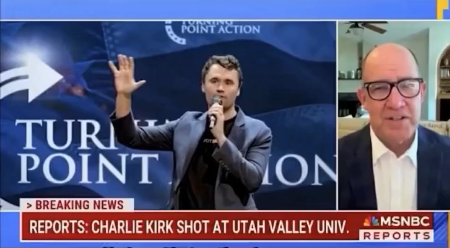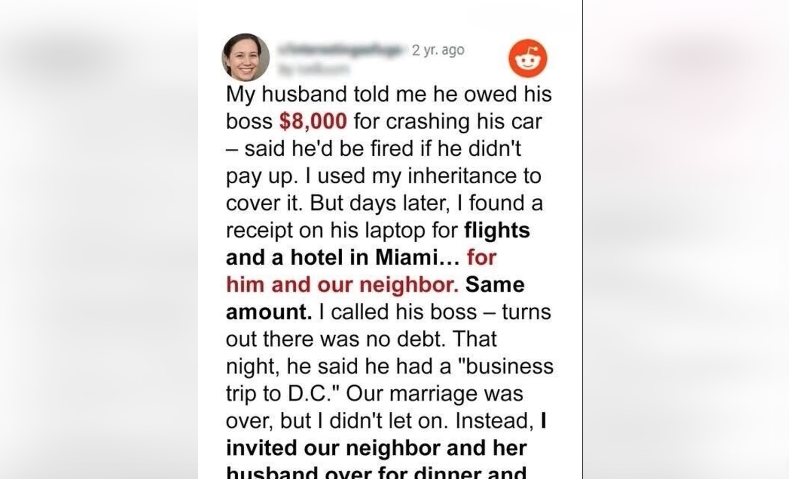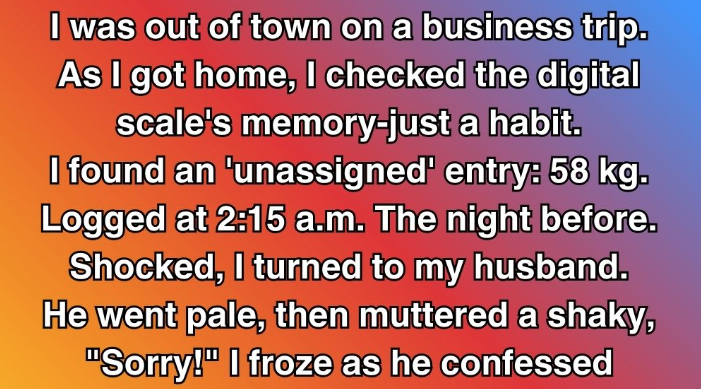The tragic shooting of conservative activist Charlie Kirk at Utah Valley University on September 10, 2025, elicited widespread denouncement of political violence from voices across the ideological spectrum. Nevertheless, MSNBC’s approach to reporting the event has faced substantial scrutiny for its timing and perspective, particularly due to remarks by political analyst Matthew Dowd during the network’s live coverage of the unfolding situation.
The Event and Early Reporting
Charlie Kirk, the 31-year-old founder of Turning Point USA, was fatally shot during an open-air speaking engagement at Utah Valley University while engaging with student questions. Former President Trump later confirmed Kirk’s passing on Truth Social, describing him as “great and even legendary.”
During MSNBC’s coverage of the evolving incident, host Katy Tur portrayed Kirk as a “divisive figure” and a “polarizing lightning rod” before introducing contributor Matthew Dowd to discuss the wider political climate.
Dowd’s Provocative Statements
In the segment, Dowd connected Kirk’s rhetoric to the shooting, noting that Kirk was “one of the most divisive, especially divisive younger figures” who was “constantly sort of pushing this sort of hate speech, or sort of aimed at certain groups.”
Dowd further elaborated: “I often reflect on how hateful thoughts give rise to hateful words, which then foster hateful actions. That’s the climate we’re navigating. People can’t express these harmful thoughts, voice these damaging words, and then be surprised when destructive actions follow.”
These remarks occurred while Kirk’s condition was still uncertain, prior to official confirmation of his death.
The Issue of Timing
The contentious nature of Dowd’s commentary largely arose from its timing. Instead of prioritizing the incident’s facts or expressing concern for the victim, the analysis veered into ideological critique during live coverage of a violent event. This approach sparked debate about suitable journalistic responses during unfolding crises.
Dowd also speculated on the shooter’s motives, suggesting the possibility of “a supporter shooting their gun off in celebration,” while noting that complete details were still unavailable.
Wider Media Ethics Considerations
MSNBC’s coverage highlights persistent challenges in reporting on political figures and violence. News outlets must navigate the delicate balance of offering context and analysis while demonstrating sensitivity during tragic events, especially when facts are still emerging.
The incident raises critical questions for broadcast journalism:
Immediacy vs. Deliberation: The demand for instant commentary during breaking news can result in statements better suited for later, once facts are clearer and initial shock has settled.
Victim Consideration: Balancing discussions of a public figure’s controversial views with respect for victims of violence remains a complex editorial task.
Political Framing: How networks address political violence and whether to immediately situate such events within broader political discourse continues to spark debate.
Industry and Public Reactions
The MSNBC segment faced criticism from media commentators and political figures who labeled Dowd’s remarks as “victim-blaming” and ill-timed. Critics contended that, regardless of political differences with Kirk, violent incidents should not be immediately framed through the lens of the victim’s rhetoric.
Supporters of MSNBC’s approach might argue that exploring the broader context of political discourse is valid journalism, though the timing and presentation of such discussions remain divisive.
The Larger Dialogue
This event reflects broader conversations about political rhetoric, media accountability, and the portrayal of violence in a deeply polarized climate. While news organizations are tasked with providing context and analysis, the coverage of Charlie Kirk’s shooting prompts questions about when such analysis becomes inappropriate or insensitive.
The challenge for broadcast journalism lies in addressing significant issues of political discourse and violence while maintaining respect for victims and their families, irrespective of political alignment.
As the investigation into Kirk’s death progresses, the media coverage itself has become a focal point, underscoring the intricate responsibilities news outlets face when reporting political violence in real time.
Moving Ahead
The controversy surrounding MSNBC’s coverage may encourage broader industry reflection on optimal practices for breaking news coverage of political violence. Key considerations include:
Developing clear protocols for the timing of commentary during unfolding tragedies.
Balancing immediate analysis with respect for victims and their families.
Identifying appropriate methods to discuss political context without seeming to condone violence.
Training on-air talent for handling sensitive breaking news scenarios.
The incident serves as a reminder that in an age of rapid communication and continuous news cycles, the words chosen during crisis coverage carry significant weight, resonating far beyond the immediate event.




